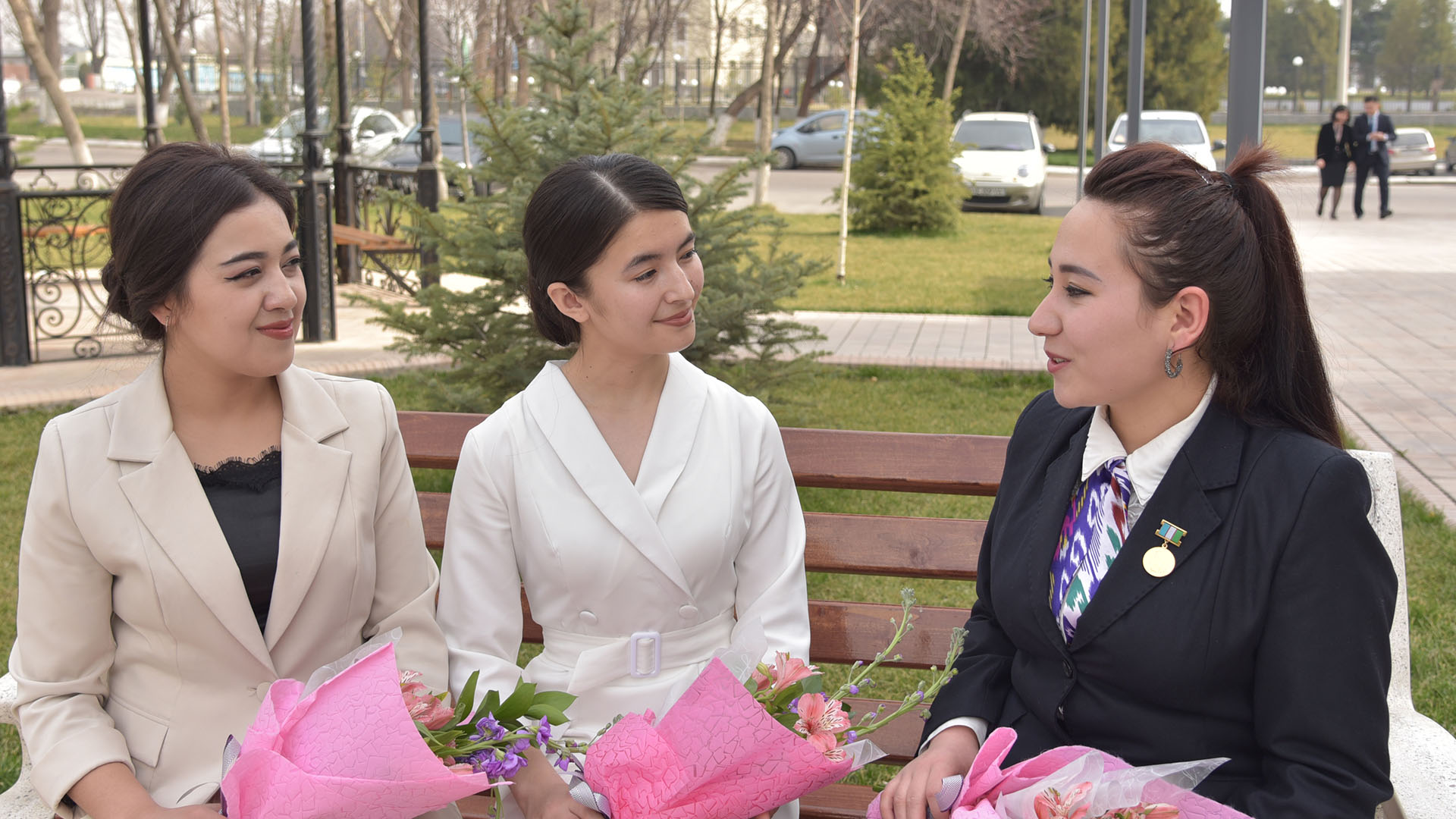
Uzbekistan’s neighborhoods are redefining the role of government
At the heart of Uzbekistan’s cultural heritage and societal structure is a network of rural neighborhoods, known as mahallas. They exist as a collective of high-density houses, domestic spaces, and urban streets. Yet, beneath this infrastructure lies a unique social organism and urban conglomerate that goes back centuries.
Beginnings written in history
Built around core Islamic rituals and family traditions, mahallas became self-governing areas in the early Middle Ages. Traditionally, aksakals (leaders) would gather local residents and professionals in the chaykhana (tearoom) to communicate their concerns and solve everyday issues.
These community meetings would cover everything from politics and economics to spirituality and morality. They represented the people’s effort to preserve a preferred way of life from generation to generation – an ideology which is still ingrained in society.

A structure closest to the people
Today, the mahalla has been restored as a citizens’ self-government and an institution of contemporary civil society. Governed by a citizen gathering, day-to-day decisions fall to the kengash (elected body), giving Uzbek people the power to help create national order, increase group solidarity, and sustain their vibrant communities.
Across the country, roughly 9,277 citizen assemblies successfully perform over 30 tasks of varying national importance, which were previously carried out by local government bodies. This shift in responsibility means the needs of the people can be met by their very own, and with an understanding that can only come from shared experiences.
Working towards a better future
As the mahalla asserts its political position in Uzbekistan, an opportunity is arising to strengthen the connection between khokimiyats (governing bodies of a district, city or region) and each khokim (head of a district, city or region from each mahalla). Through additional funding and enhanced collaboration, the goal is to enforce new, and improve existing, legislation around employment, education and welfare.
Already, further support for mahallas has resulted in the establishment of the research institute, ‘Mahalla and Family’ to promote and reinforce family institutions, and the increased efficiency of work on the ground. In the past year, more than 61,000 citizens have been offered entrepreneurial and handicraft activities, 188,000 have been provided loans for the development of family entrepreneurship and over 164,000 houses of low-income families have been repaired.
Redefining a long-standing tradition
Mahallas are no longer defined solely as residential associations, valued for their sense of community and belonging. They are also the focal point for a growing number of state and non-state functions, valued for their ability to shape a society for the better. Their purpose is to harmonize human rights, while keeping the interests of Uzbekistan and its people at the forefront.
Under this new governance, a nation stands poised to become the most understandable form of the people’s state and an inspiration to global societies. The mahalla is a case in point of how to transform a culture that is rich in history into a social and political phenomenon, fit for the modern age.

